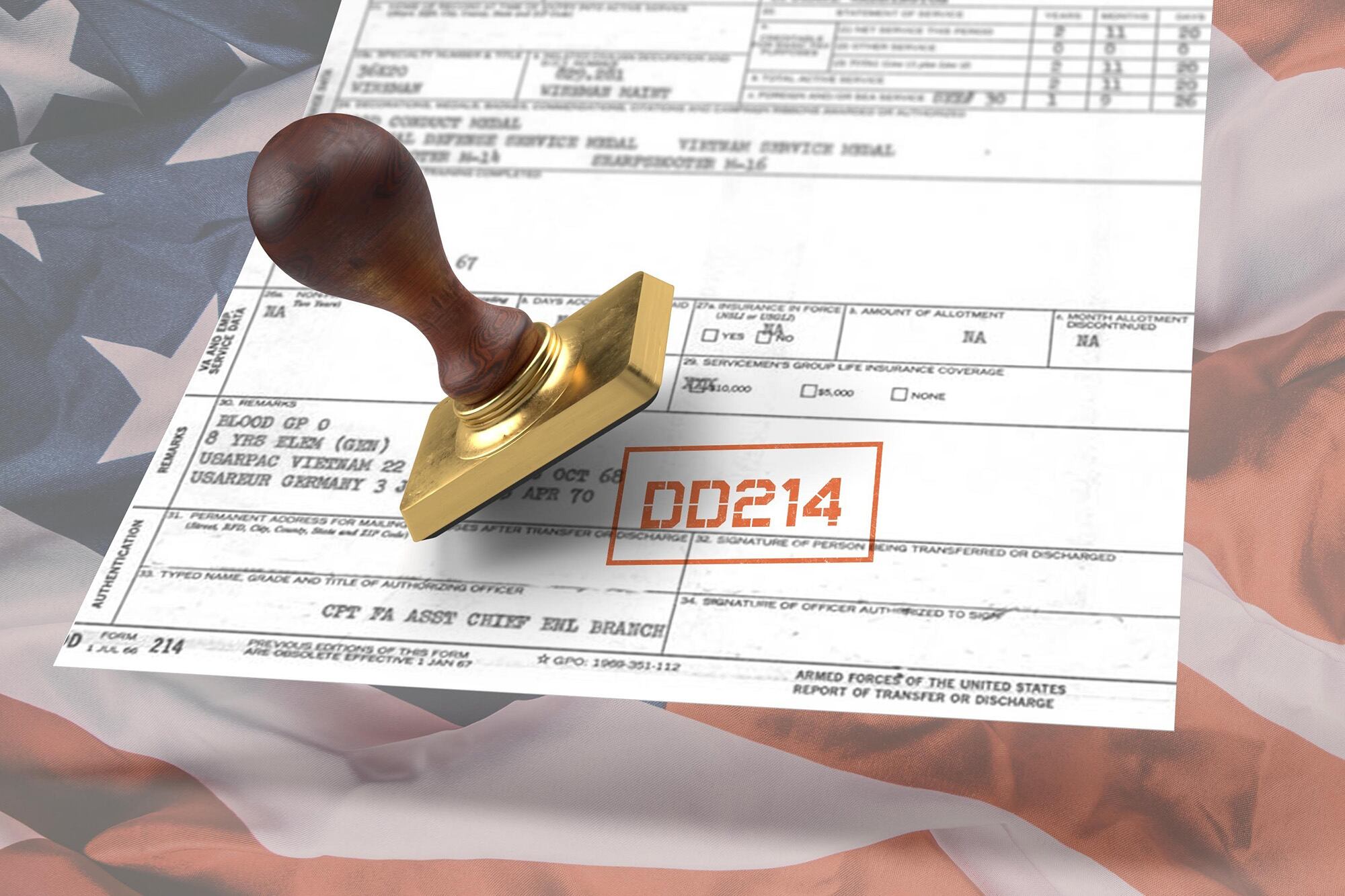Last March, like many other government office buildings, the National Personnel Records Center closed in response to the spread of the novel coronavirus. Considering that everything from Social Security Offices, to National Parks, to Motor Vehicle Centers closed down, the NPRC closure went largely unnoticed. Fifteen days to slow the spread came and went, but the center — which houses all the military records for America’s service members — remains barely operational.
Unlike many other government agencies, the NPRC’s primary mission cannot be carried out remotely. Four stories and some six million square feet in St. Louis house millions of hard-copy records that make up complete service histories for America’s veterans. Veterans need these records to access the benefits they earned while protecting our freedom. Without them, veterans cannot access VA health care, VA home or student loans, obtain burial honors, or get COVID vaccines through the VA.
And yet, as federal, state, and local governments attempted to sort American businesses into “essential” and “nonessential” designations, the importance of keeping the NPRC up and running was overlooked. A combination of decisions from the Office of Personnel Management, the National Archives and Records Administration, and the City of St. Louis have never allowed the center to be staffed at more than 25 percent capacity — if it was open at all.
In the meantime, a backlog of some 500,000 outstanding records requests has piled up. Each request represents an individual who faithfully served this country and is simply trying to access the benefits the U.S. government promised them.
Over the summer, more congressional offices became aware of the growing backlog of requests. These requests, which should take days to complete, were now delayed by weeks and months. In December, recognizing the importance of maintaining operations of the NPRC, Congress allocated $15 million to the center with the intent of fully reopening the center and reducing the backlog. In late March 2021, the VA announced a partnership with National Archives to vaccinate employees. This good news came as 185 members of Congress joined me and Rep. Deborah Ross, D-N.C., in calling on the Biden administration to correct this bureaucratic negligence.
However, when I personally visited the center in St. Louis, I was disappointed at the center’s lack of urgency and its overall complacency. The center is emphasizing its digitization project, which will enable more work to be done remotely. Certainly, this is an important facet of modernizing the center, but veterans need their paper records now.
Funerals, medical care, emergency housing — these essential services for veterans cannot wait on a record digitization project. Waiting for VA loans and GI Bill benefits means putting life on hold, hoping that the delay will not permanently hamper important milestones like graduating college or buying a home.
The focus should be on fully staffing the center, around-the-clock, to eliminate the backlog. So far, there’s no plan or benchmarks in place to determine when the center can return to full capacity. But at the current rate, veterans can expect to wait 18 months to two years for their documents. Such a delay is an unacceptable failure. Our veterans deserve better.
For $15 million and vaccination prioritization, Congress should not have to worry that our veterans are falling through the cracks. Even the NPRC admits the situation is unacceptable. A spokesperson for the center recently told Coffee or Die Magazine, “We know we are failing. We know the situation is untenable, and we are eager to fix it.”
Americans expect military readiness from our veterans when they serve, but we’re treating a service for veterans as if it is an unimportant museum collection. I’m asking that the National Archives and Records Administration and the Office of Personnel Management to get the NPRC back to fully operational — even if it means purchasing HAZMAT suits
Alternatively, we could look again to the National Guard. Over the past year, governments have deployed the National Guard for a variety of missions to aid states at food banks, COVID testing sites, most conspicuously, to reinforce police in cities across the country and bolster security at the U.S. Capitol. Perhaps we can ask the Guard, once again, to help.
These are a few immoderate proposals I’ve considered, although the cleanest solution would be to modify the occupancy limits at the NRPC as employees are vaccinated. To assure our veterans that we have not forgotten our obligations to them during the pandemic, I hope the NRPC and its parent agencies will articulate a plan that will eliminate this backlog in a timely manner and with the same sense of urgency we expected from our veterans when they served this country.
As I’ve said throughout this pandemic, “Anyone can find an excuse, but leaders find a way.” I’m determined that we find a way to fix this eminently solvable problem for our nation’s heroes.
Rep. Warren Davidson represents Ohio’s 8th Congressional District. He enlisted in the Army after high school and later earned an appointment to West Point. As an officer, he led in The Old Guard, the 75th Ranger Regiment, and the 101st Airborne Division.
Editor’s note: This is an op-ed and as such, the opinions expressed are those of the author. If you would like to respond, or have an editorial of your own you would like to submit, please contact Military Times managing editor Howard Altman, haltman@militarytimes.com.





